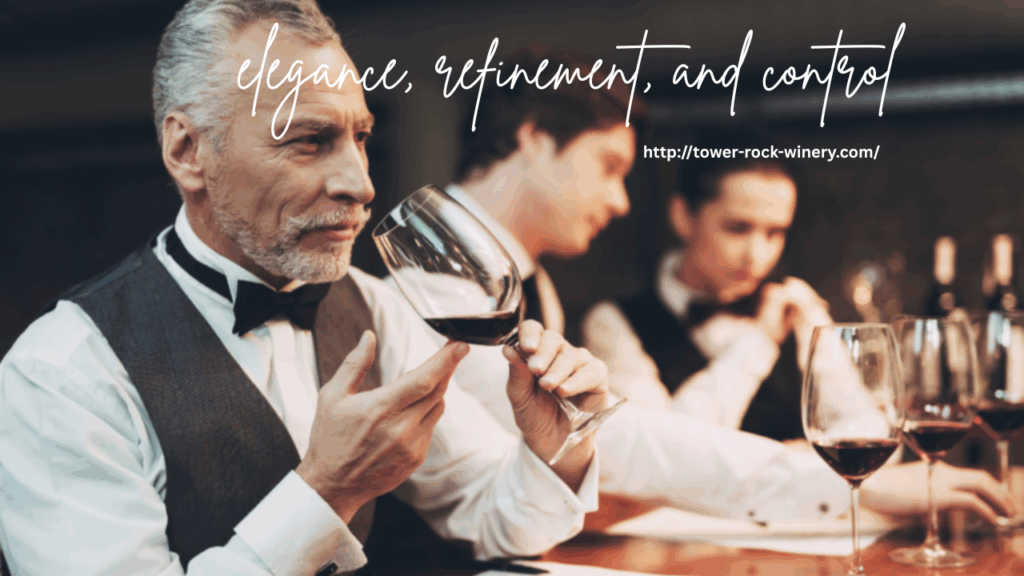
To the outside world, wine connoisseurs embody elegance, refinement, and control. Their knowledge of vintages, terroirs, and tasting notes is impressive, and their social media feeds overflow with images of perfectly poured glasses and scenic vineyard backdrops. But behind the polished surface, some wine lovers are quietly battling a difficult truth: their passion for wine has become a hidden dependency.
Unlike more overt forms of substance abuse, wine addiction often hides in plain sight. It doesn’t resemble the chaotic, destructive imagery commonly associated with alcoholism. Instead, it looks like sophistication—a carefully curated ritual that masks emotional reliance on alcohol. Because wine is culturally linked to art, travel, and good taste, its consumption often escapes scrutiny. But this cultural reverence can make it easier for unhealthy habits to take root—and harder to confront when they do.
For many connoisseurs, the line between appreciation and addiction begins to blur gradually. What starts as occasional tastings can evolve into a daily routine. One glass with dinner becomes two or three. Celebrations and social events always involve wine. Eventually, the idea of relaxing or enjoying life without a glass in hand feels foreign. The behavior may still look controlled on the outside, but inwardly, the reliance is growing.
This secret struggle is compounded by denial. A wine enthusiast might say, “I don’t drink to get drunk; I drink to appreciate.” They may be highly functional—holding down jobs, maintaining relationships, and engaging in the wine community—yet quietly battling cravings, guilt, or the inability to stop. Because they don’t fit the stereotype of an “alcoholic,” they often dismiss warning signs and avoid seeking help.
Social reinforcement plays a major role. Wine is often embedded in professional networking, romantic dates, and even wellness spaces, where phrases like “wine is self-care” have become common. This constant reinforcement makes it difficult to recognize when consumption shifts from joy to necessity. Even those closest to the connoisseur may not suspect a problem, making the struggle feel isolating.
So what are the signs that wine appreciation has turned into a crutch? Common red flags include drinking in secret, feeling anxious or irritable without alcohol, increasing tolerance, and using wine to cope with emotional pain. If thoughts about wine start dominating the day, or if attempts to cut back are unsuccessful, it’s time to take a closer look.
Recovery starts with honesty. It means questioning the stories we tell ourselves about what our habits represent—and being brave enough to explore life without the crutch. Many who step back from wine are surprised to find that their world doesn’t lose its richness—it gains clarity, authenticity, and renewed self-respect.
For those struggling in silence, it’s important to know that help exists. Therapy, support groups, and sober-curious communities offer safe spaces to share experiences without judgment. You don’t have to give up everything you love about wine to reclaim your autonomy—you just have to redefine your relationship with it.
Because true elegance isn’t in the glass—it’s in the freedom to put it down.